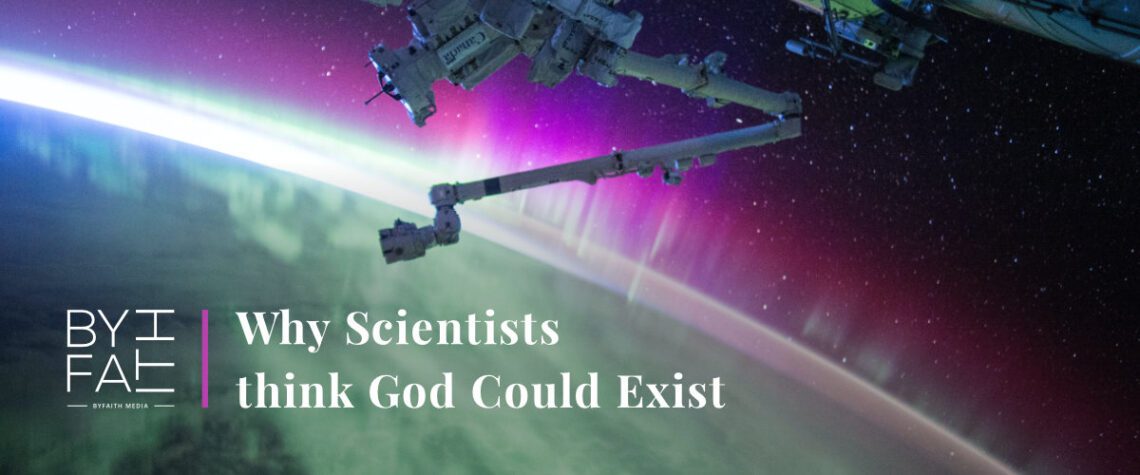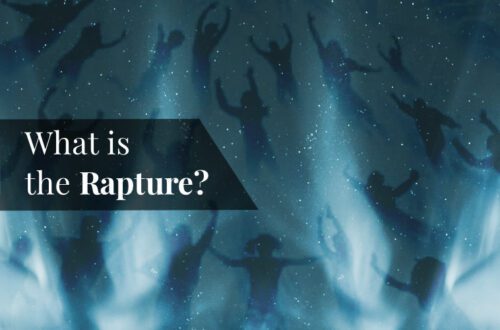
Why Scientists Think God Could Exist
There’s a mystery at the heart of the universe – why is it uniquely fine-tuned to support life? Many scientists are baffled by the puzzle of life and are honest about its implications.
Physicist and cosmologist Stephen Hawking posited in his book The Grand Design that “the universe appears to have been designed for us. If the rate of expansion one second after the Big Bang had been smaller by even one part in a hundred thousand million million, the universe would have re-collapsed before it ever reached its present size.”
Another well-known physicist and Nobel laureate, Frank Wilczek, declared, “The more I examine the universe and the details of its architecture, the more evidence I find that the universe in some sense must have known we were coming.”
Astrophysicist and science communicator Neil deGrasse Tyson has also acknowledged the fine-tuning of the universe, writing in his book The Pluto Files, “The universe is large and old, and the ingredients for life as we know it are abundant. But without fine-tuning of the constants of physics, the universe could be a vast expanse of space with little more than hydrogen atoms and darkness.”
Many scientists postulate that the fine-tuning of the universe is evidence of something beyond our understanding, perhaps a mind with a capital M. While any argument can be contested, it remains a compelling reason for believing in the existence of God.
Professor John Lennox said, “Either human intelligence ultimately owes its origin to mindless matter; or there is a Creator. It is strange that some people claim that it is their intelligence that leads them to prefer the first to the second.” He adds, “I submit that, far from science having buried God, not only do the results of science point towards his existence, but the scientific enterprise itself is validated by his existence.”
There are several other valid reasons to support the existence of God. The complexity of the universe, the existence of life on earth, consciousness, and the existence of a moral code all suggest the existence of an intelligent Creator.
By the word of the Lord the heavens were made,
– Psalm 33:6
And all the host of them by the breath of His mouth
Accepting the existence of an intelligent Creator would have a significant impact on our understanding of consciousness. It would provide a basis for understanding the mystery of intelligent life and give scientists a framework for studying it, along with morality, unveiling the origins of the universal moral code.

Did you know most of the founding fathers of modern science were devout Christians? Find out more in the book How Christianity Made the Modern World by Paul Backholer.
By Paul Backholer. Find out about Paul’s books here.




